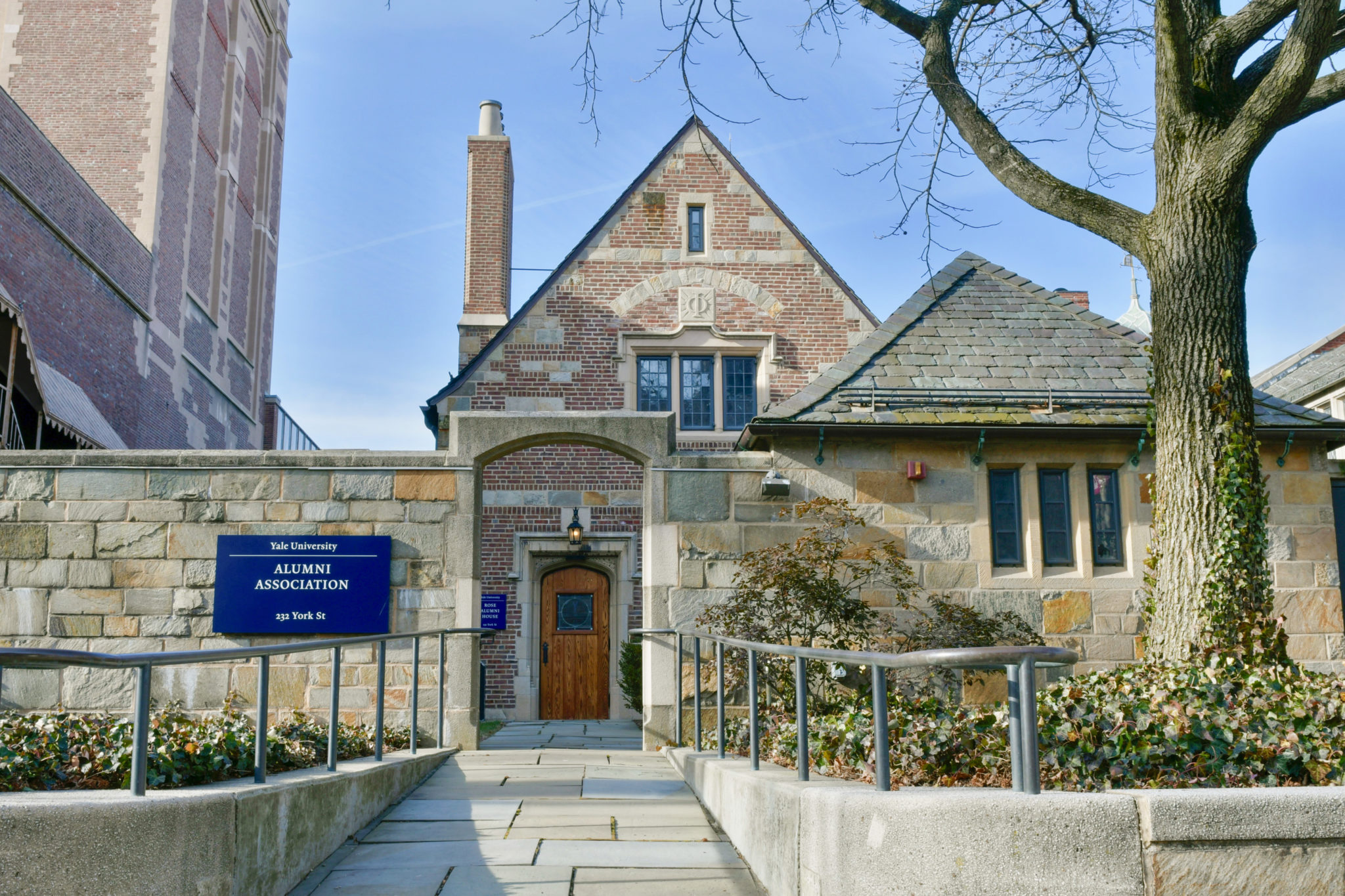
David Zheng, Senior Photographer
Following the March 8 announcement that Yale College would eliminate traditional shopping period in favor of early pre-registration followed by an add-drop period in the fall, hundreds of College alumni took to social media to voice their concerns about the change.
Last Monday, Dean of Yale College Marvin Chun announced in an email to the student body that shopping period as it previously existed would be scrapped this year in favor of a new system, in which rising sophomores, juniors and seniors would pre-register for limited enrollment courses in April, create a preliminary schedule in May and then have the chance to modify their schedule in an add-drop period during the first week of classes. On Wednesday, the News reported that this change was long-planned and is intended to remain in place following the COVID-19 pandemic.
The change triggered an immediate reaction from the alumni community. A post in the Yale Alumni Facebook group containing the News’ Wednesday article garnered 675 comments as of March 14, many of which shared how shopping period shaped the trajectory of alumni’s academic studies and careers. Although a Thursday follow-up email from Chun said that shopping period was not being eliminated but rather reframed into an add-drop period, many alumni asserted in comments that the spirit of shopping period remained lost with the new pre-registration system in place.
“I always talk about shopping period because I feel it embodies what is great about Yale,” Abby Kantor Smith ’03 said in an interview. “It really shows the values of intellectual freedom and exploration. And the fact that Yale has prioritized those values over the administrative burdens of shopping period over the years, I think just speaks volumes to how they place emphasis on the undergraduate education, and how they place value on academic freedom and exploration.”
The News spoke to four alumni about the change, all of whom were unhappy with the new system and three of whom said that the ability to shop classes affected their eventual careers. Their interviews reflect the hundreds of similar anecdotes shared in comments in the Yale alumni Facebook group over the last week.
In response to alumni concerns, Chun wrote to the News that the new early registration system “aims to improve course shopping for everyone.”
“The idea behind early registration is to give you a head start with [class] exploration, not to curtail it, and to reduce stress, not to add to it,” Chun wrote in the Thursday student-wide email. “Students have long described the shopping period as stressful, uncertain, and frustrating … Early registration makes it possible to add capacity to meet preliminary demand, and to give you a good sense now about availability next semester.”
But the alumni who spoke with the News emphasized that shopping period is a central facet of student life at Yale that shaped their undergraduate and career experience.
Smith told the News that she became a history major partly because she appreciated how history professors would visit each other’s courses during shopping period.
The shopping period also shaped Smith’s current job. During shopping period, Smith accidentally walked into a developmental psychology course and became hooked on the subject. Smith now works on child policy for the state of Pennsylvania.
After the announcement, Smith said that she connected with old friends from Yale whom she has not spoken to in years about the issue. The disappointment, she said, appears to be universal.
Kristin Stone ’94 told the News that shopping period was integral to the friendships she formed at Yale, and to the collective experience of being a Yale student. Last week, Stone circulated an online petition calling for shopping period’s reinstatement which garnered 32 signatures from alumni.
Ferny Reyes ’10, who grew up in a low-income town in rural Texas, told the News that shopping period allowed him to better understand the opportunities available to him in college. Without shopping period, he would have continued to take a wide variety of classes like the ones he took in high school, even if the topics did not interest him.
Reyes became a religious studies major after a friend convinced him to join him in shopping a religion class. He also decided to become an educator after a friend took him along to a teaching prep course during shopping period.
“[Shopping period] was a community experience,” Reyes said. “Everyone got to kind of haggle with each other, like ‘take this class! No, take this class!’ It was such a communal effort. It’s kind of chaotic, but Yalies come in as such overachievers, so bureaucratized, that chaos is good. Chaos challenges that.”
Both Smith and Minsun Cha ’17 said they frequently discuss shopping period in alumni interviews that they conduct with prospective students. Cha told the News that a recent applicant whom she interviewed cited shopping period as one of their reasons for applying to Yale.
Cha double majored in global affairs and East Asian studies while at Yale and added the East Asian studies major after discovering courses on the topic during shopping period. She said that shopping period is a key part of what sets Yale apart from other peer institutions.
“The shopping period is part and parcel with the liberal arts experience that Yale has to offer,” Cha said. “And what makes Yale so different even among similar institutions is the flexibility that comes with that, and the diversity of opportunities that students have to go out of their comfort zone, and really look for what interests them in ways that are unexpected.”
The Yale Alumni Association did not respond to a request to comment.
A fall 2021 course list will be published on April 1, and the pre-registration period for limited enrollment courses will last from April 6 to April 21.
Amelia Davidson | amelia.davidson@yale.edu








